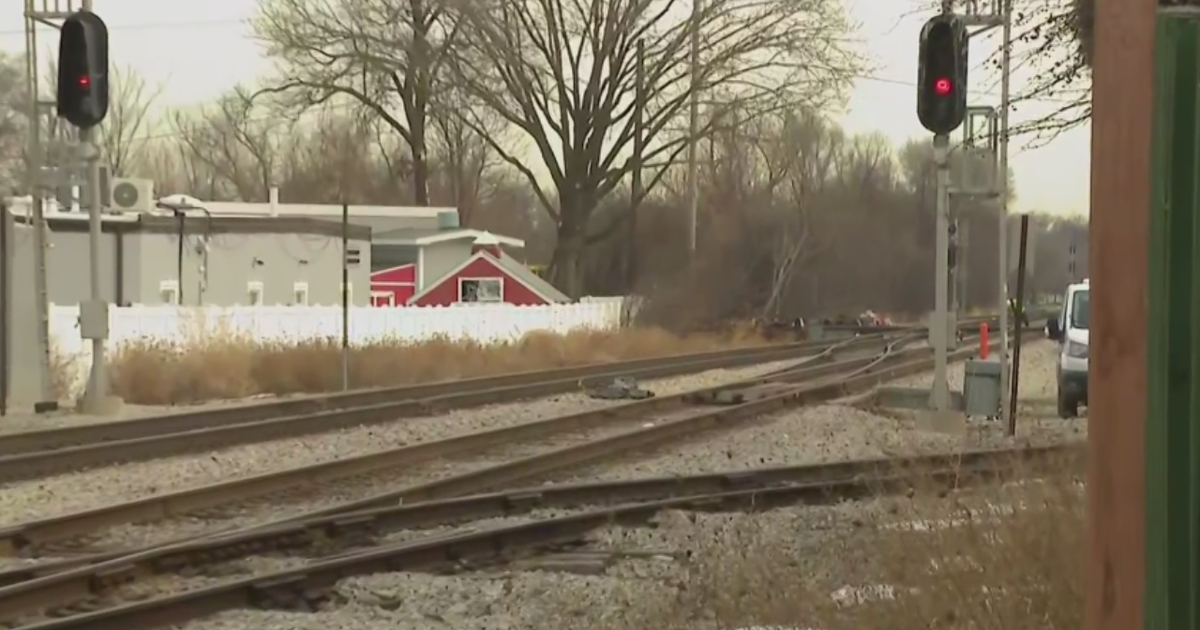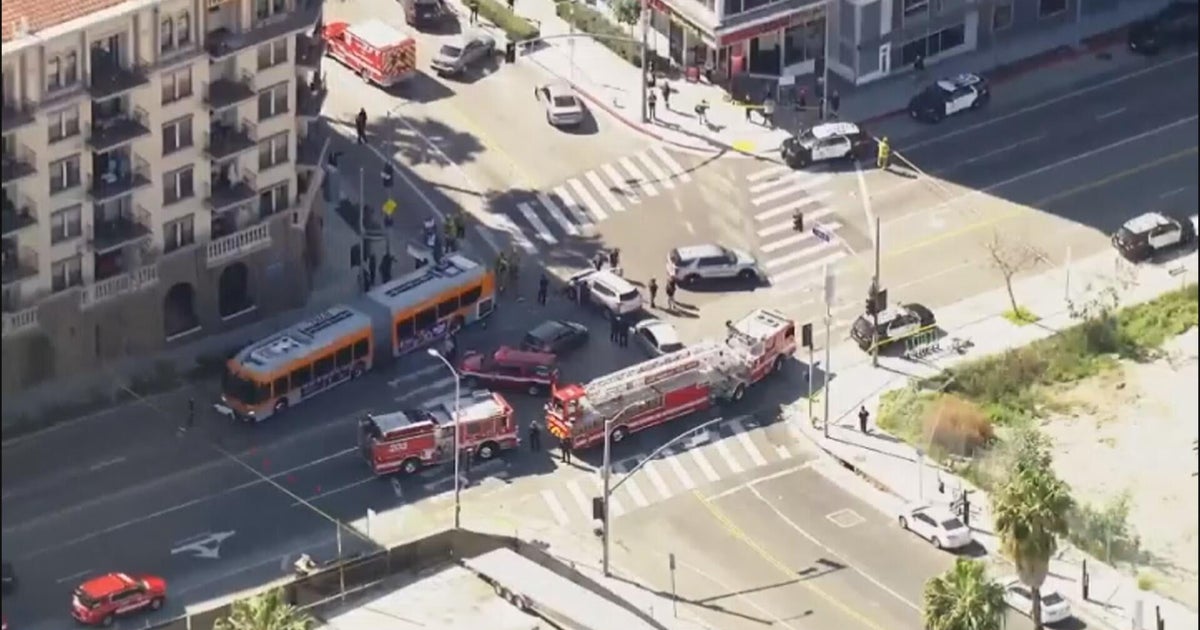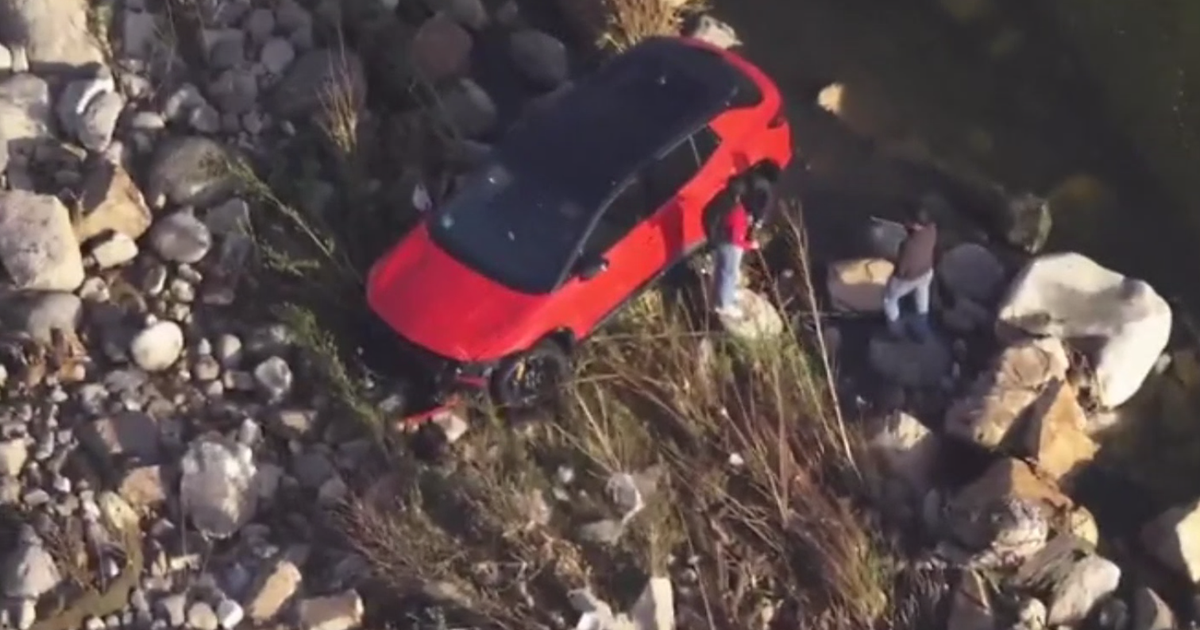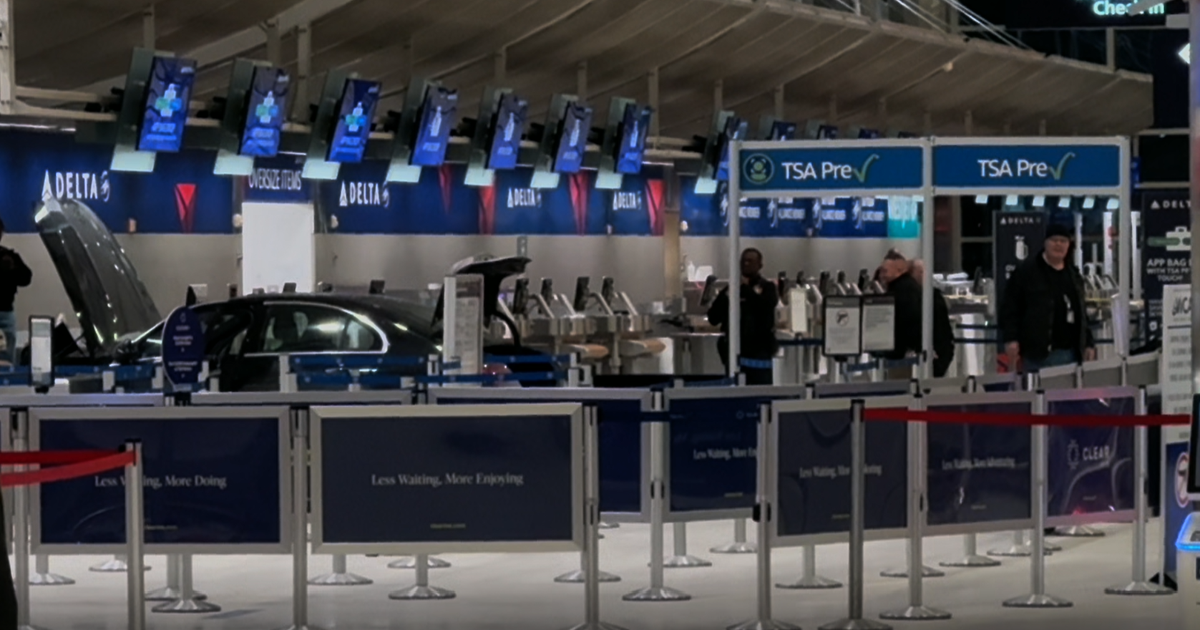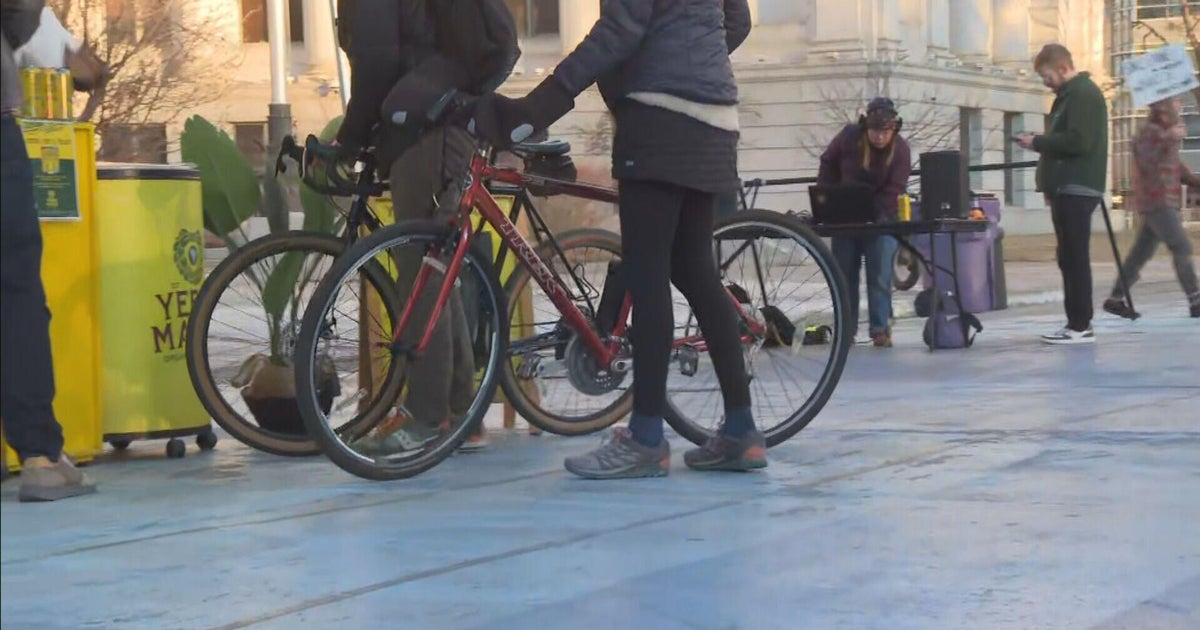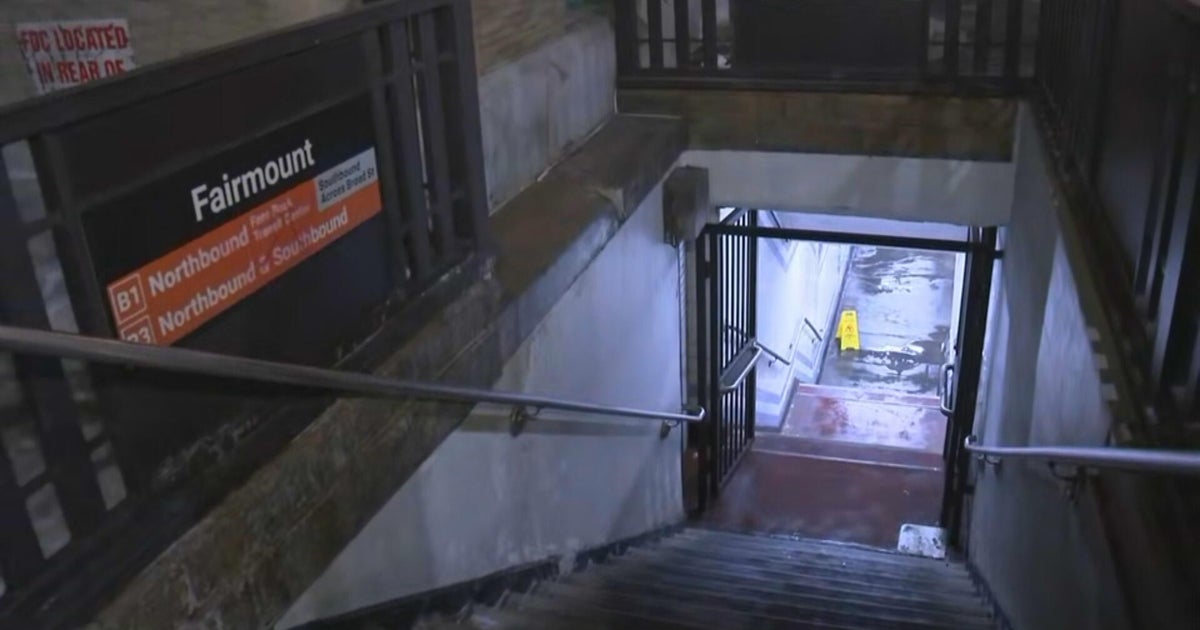Metro To Resume Use Of Computer-Driven Trains
WASHINGTON (AP) -- Metro plans to bring back computer-driven trains to the red line, five years after the automated system failed and caused a fatal crash.
Metro General Manager Richard Sarles told The Washington Post in a story published Saturday that starting in October, automatic train operation will resume on a half-dozen red line trains during non-peak hours. That will give train operators time to learn the new system. By March, all red line trains will be driven by computers.
Even with automated train operation, drivers remain in train cabs to operate doors, make announcements and watch for trouble. The automatic system is a smooth-ride feature that keeps trains running on time and saves money with more efficient acceleration, braking and stopping trains at the right spots. It's a feature of most modern subways and was a feature of Metro since its inception in 1976.
Sarles said restoring the system is an important milestone in Metro's progress and recovery since the 2009 crash. That's when the automatic system failed, and Metro switched to manual operations.
Since then, Metro has replaced hundreds of track-circuit modules that provide data for the automated system and installed better equipment. The new modules have passed federal safety tests, officials said.
"Symbolically, it's an important sign of all the work we've done over the last four or five years to bring the (transit) system back to where it should be," said Sarles. He plans to outline the timetable for Metro's board of directors next week.
Rob Troup, Metro's deputy general manager for operations, said engineers also built a computerized safeguard system to alert Metro of any problems with the automatic train operation system. There was no such backup system during the 2009 crash.
Metro hopes to restore computer-driven trains on all other rail lines within about three years. But rail modules must be replaced first on the orange, blue, green and yellow lines.
Not everyone has faith in Metro's automated system. Carolyn Gamble, whose 23-year-old niece, LaVonda "Nikki" King, was one of the nine people killed in the 2009 crash, said the risks outweigh the benefits of such a system.
"I don't think you should ever trust people's lives to a machine," Gamble said. No matter how smooth the ride or how much money is saved, "you can't risk human beings to some computer," she said. "It's not worth it."
------
Information from: The Washington Post, http://www.washingtonpost.com
(Copyright 2013 by The Associated Press. All Rights Reserved.)
